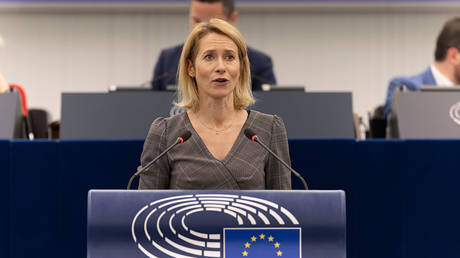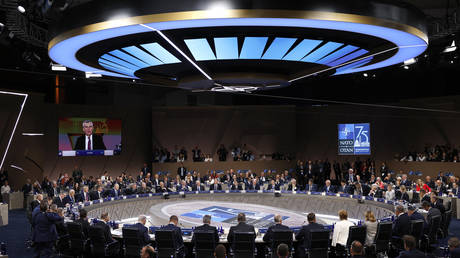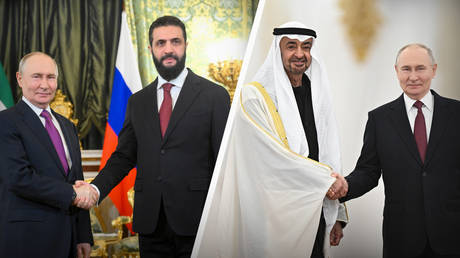
The European Union has announced a plan to phase out its dependence on Russian fossil fuels by 2030
Baden-Württemberg Minister of Agriculture and Consumer Protection Peter Hauk has backed a complete German ban on importing gas and oil from Russia in response to Moscow’s military assault on Ukraine.
Hauk supported the response to Russia’s actions despite the impact it could have on his country’s own citizens, who are already struggling with soaring energy prices that make it challenging for them to heat their homes.
“You can withstand 15 degrees [Celsius] in winter in a sweater. No one dies of it. But people are dying elsewhere,” Hauk said, referencing the toll Russia has inflicted on Ukraine.
The comments from the politician, who is a member of the Christian Democratic Union party, elicited a strong response from the German Tenants’ Association, which retorted that it showed no understanding of the needs of the elderly or those working from home.
Although the association conceded that Europe needed to reduce its dependence on Russian fossil fuels, it warned that lowering the room temperature and relying instead on wearing more clothing could lead to people falling ill during the winter months. “With a ministerial salary or a presidential pension, you can afford exploding energy costs and do not need to freeze yourself,” Stuttgart state chairman Rolf Gassmann said.
The association went on to remind Gassmann that, with regard to rented accommodation, German landlords have a legal obligation to ensure rooms can be heated to 22 degrees Celsius and to install proper ventilation to prevent moisture buildup and mold infestation.
The European Union is to phase out its reliance on oil and gas from Russia by 2030, beginning by reducing its demand for Russian gas by two-thirds this year. The region “cannot rely on a supplier who explicitly threatens us,” European Commission President Ursula von der Leyen said.




